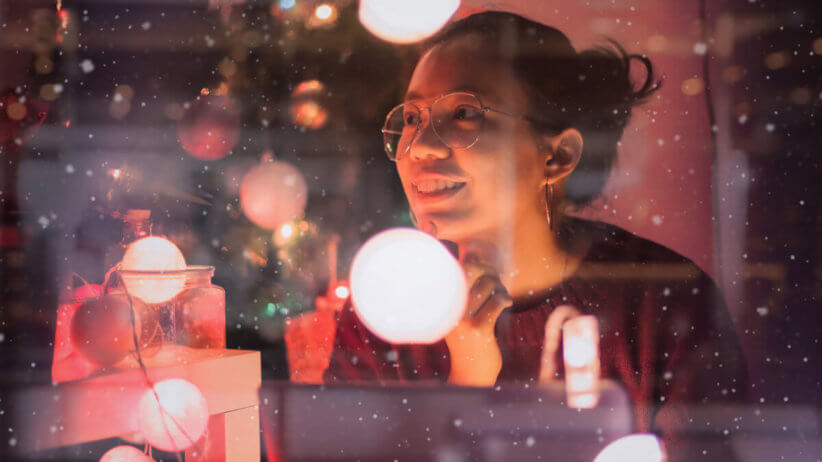For children, teens, and young adults, being aware of your family history is a must. Its significance extends beyond merely trying to find out who you resemble (which is cool to know) or what health issues may run in the family (which is crucial to know). Spiritually, exploring your family’s past allows you to recognize the journey your ancestors have taken and the sacrifices they have made and thus, fully discover and appreciate who they are and even more importantly, who you are. It is also a process that you can share with present-day family members, and it can bring you even closer together.
Visiting gravesites is a good starting point for families looking to delve deeper into their personal histories. It is a physical experience that people of all ages can actively participate in. It can also lead to meaningful discussions about ancestry and roots. Every spring, my family gets together to go to the cemetery and visit the graves of those we have lost. Each visit sparks new stories about my grandfather, who is buried in New York, and his journey and life here. The experience also connects my cousins and I — all of us born in America — to our heritage.
Honoring your ancestors is the keystone of Chinese culture. We still partake in the ancient rituals of laying out food for our ancestors, burning paper representations of money, and decorating the grave with fresh flowers.
Even if the grave does not belong to a member of the family, it can still be a fantastic opportunity to piece together a family story. One grave my family visits on trips to the cemetery belongs to a friend of my grandfather. I was always confused about why we went out of our way to stop at his grave. It turned out that this person was a key player in my mother’s family’s immigration to America. He helped them out tremendously when they first arrived and provided moral and financial support. Slowly, through discussing this friend, I learned more about my mother’s past and the people who first welcomed her to this country.
If you, like many, do not have ancestors buried nearby, photo albums can promote interest in your family’s past. The old saying goes that a picture is worth a thousand words. Viewing photos as a family can be a valuable way of interacting with your personal history. For the older generation, this can be a touching experience and can draw out old memories, which can be shared with kids. For the next generation, seeing those who came before us as captured in a photograph can be extremely powerful and a reminder that our ancestors are real people who were once young like us. If possible, try to get multiple perspectives. Parents, aunts, uncles, godparents, grandparents, and cousins may all tell different stories from the same photograph.
Building a family tree is another good exercise for families to trace back their lineages. For young kids, it is a visual representation of how many different families came together to create one. For teens and young adults, this can be very educational and test your sleuthing and research skills. See if you can draw out your family tree by asking family members for information.
Lastly, with all of the complexities of familial relationships these days, it is possible that your family’s history may be a mystery. If this is the case, there is no reason to feel discouraged, for there are plenty of ways to research your ancestors. The New York Public Library and Ellis Island have divisions for genealogy research. Even the internet has websites that allow you to find gravesites or ancestry material. You may even have to track down friends of old relatives as a starting point. Although this may become a wild goose chase and you may not be able to compile a full history of your family, this exploration can bring different generations together and improve familial relationships.
However, understanding your family’s past is not about having a complete play by play of your ancestor’s whereabouts and lives. It is about opening conversations about where you come from. Do not fret if your family histories are not drawn-out sagas. What we gain from our history are stories — stories that may be special to only us. Preserving these memories is preserving who we are and seeing where we fit within this world.
Aglaia Ho is a senior at Williams College and a native New Yorker. She also writes a blog, www.aglai




















